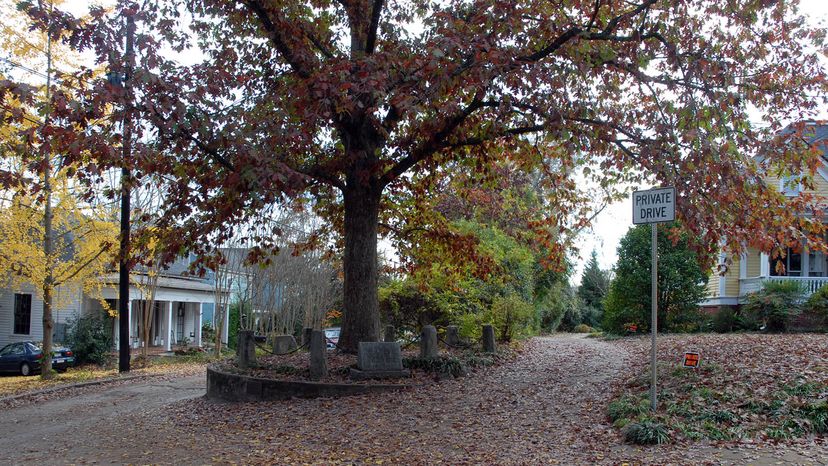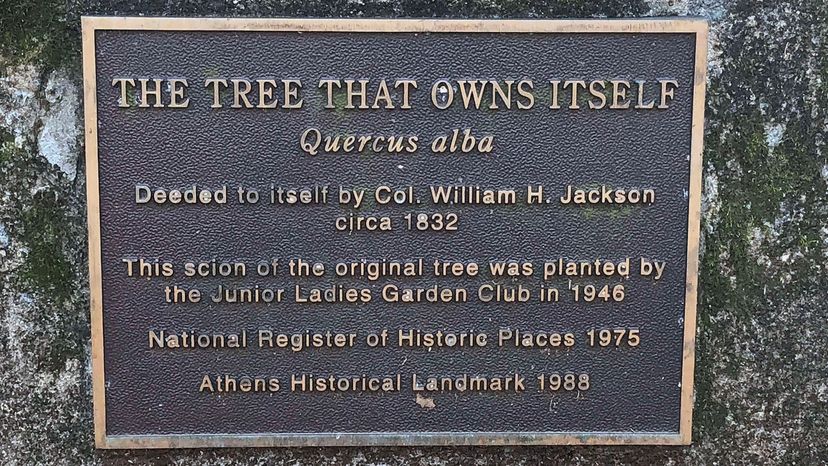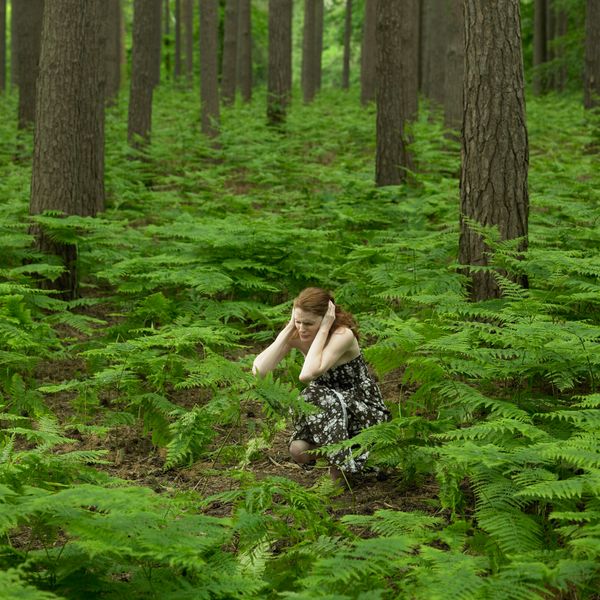The tree's name is also one of those pieces of legal jargon that twists the brain a little and makes you think, "Wait, can anything own itself?" Of course, with most adult-age humans, the answer is so obviously affirmative that we don't even consider it. The crux of human rights arguments centers on this: No one can legally own (or sell, or hurt) you (unless you give them permission).
But back to tree legal matters — can a tree own itself? Like most things legal, it's complicated.
"Trees have not been recognized as having legal rights in the U.S.," says Mari Margil, associate director for Community Environmental Legal Defense Fund (CELDF). "Some (trees) may have a certain level of protection that is different from other tree species, but that is not the same as having a legal right. Possessing a legal right means being a rights-holder — with certain legal rights and a means to enforce and defend those rights. And with that, constitutional legal rights represent the highest level of protection within a system of law."
So, the Athens oak has the highest level of protection, right? Well, no. Actually, it "has no 'legal standing' on its own, but only through proper legislation would it gain such rights," says Victor D. Merullo, an Ohio-based attorney who specializes in tree law.
As Merullo, Margil and other experts note, there are a few important caveats here. For one, no printed records of Col. Jackson's will exist. Even if they did, they would have to be recognized by a court. There are other twists and turns in the story, including the claim that the tree was not even located on Jackson's property, and he thereby had no claim to the tree in the first place.
Another important note: The tree that stands today is not the original 'Tree That Owns Itself.' That one fell in 1942 to old age and disease. In an effort led by Athens' Junior Ladies Garden Club, the so-called 'Son of the Tree That Owns Itself' was planted from an acorn dropped by the original.
In other words, Col. Jackson might've made a nice gesture back into the 1800s. But it has no legal foundation.


